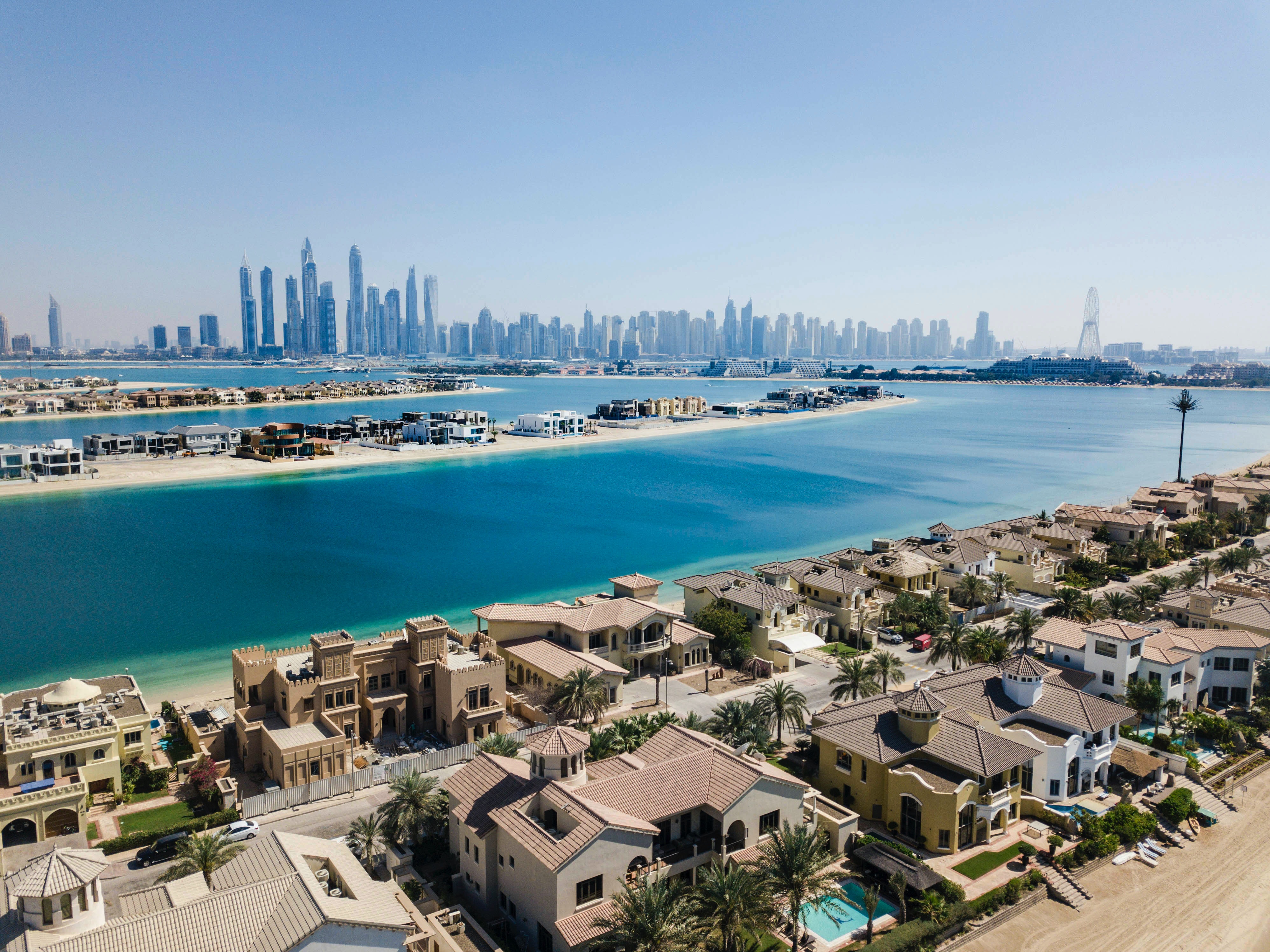
Property developers use strategic planning, from phased launches to pricing adjustments, to ensure their projects thrive in the market.
Strategy Behind Launching Real Estate Projects in Phases:
- Risk Management: Launching a project in phases allows developers to test the market and mitigate risks. If a particular phase doesn't perform as expected, developers can make adjustments for future phases.
- Financial Management: Large-scale projects require substantial financial resources. By executing projects in phases, developers can manage their financial resources more effectively, using the revenues from the initial phases to fund subsequent ones.
- Market Response: Phased projects enable developers to gauge market response and adjust their strategies accordingly. For example, they might alter the design or features of properties in later phases based on feedback and sales from earlier ones.
- Regulatory Compliance: For large-scale projects, compliance with regulatory requirements can be a complex process. By splitting the project into phases, developers can navigate these requirements more effectively.
- Project Management: Managing a large project all at once can be quite challenging. By breaking it into phases, developers can focus on different parts of the project at different times, improving overall management and execution.
- Sales and Marketing: From a sales and marketing perspective, launching in phases can create a sense of urgency among potential buyers, which can help to drive sales.
Each phase typically involves a range of activities, from site development and construction to marketing and sales. After one phase is completed and units are sold, the next phase begins. This process continues until the entire project is complete.
Pricing Strategies Developers Use:
- Initial Phase Pricing: The initial phase is often priced more attractively to draw buyers in and to create momentum for the project. The aim is to sell a substantial portion of this phase quickly to generate positive market buzz, which can help attract more buyers for subsequent phases.
- Subsequent Phases Pricing: Developers frequently increase prices for subsequent phases. This could be due to several reasons such as perceived value increase and market dynamics.
- Perceived Value Increase: As the project progresses and the development becomes more tangible (facilities are completed and units are occupied), prospective buyers might perceive an increase in value, justifying a higher price.
- Market Dynamics: If the initial phase is well-received and demand is high, developers might raise prices to reflect the market dynamics. This can also be the case if there are changes in the overall property market conditions, such as increasing property prices in the surrounding area or overall market.
- Cost Adjustments: Increases in construction costs or other expenses might also prompt developers to raise prices in subsequent phases.
- Creating a Price Appreciation Perception: Higher prices in later phases can create the perception of price appreciation, which can benefit both the developers and the early buyers. For developers, this can help attract more buyers, while early buyers may feel they have made a good investment as they see 'prices going up'.
It's worth noting that the pricing strategy will also depend on various other factors, such as the location of the project, the state of the economy, interest rates, competition, and regulatory changes. Therefore, while the pattern of initial lower pricing and subsequent higher pricing is common, it's not universally applicable to every project or market condition.
Using High Commission
In some cases, new real estate projects become successful mainly due to the high commission paid by the developer, resulting in pushing and promoting by 18,862 active agents as of May 2024.
This interpretation aligns well with the concept of a "self-fulfilling prophecy," which is a prediction that directly or indirectly causes itself to become true. If a large number of agents are vocal about a project being good, it can influence potential investors' perceptions, driving demand and potentially leading to the project's success.
In this scenario, the property developer leverages the persuasive power of the real estate brokers and their networks. The developers create a buzz around the project, and the high commission motivates brokers to push the project. As a result, investors' perception of the project improves, they start investing, which then actually turns the project into a successful one.
However, it's important to note that while this strategy can work, it can also be risky. If the project doesn't live up to the hype or if investors feel misled, it can lead to dissatisfaction and damage to the developers' reputation in the long run.